Since ancient times people have been looking for ways to increase libido and prolong pleasure. No wonder so many plants and foods are credited with magical aphrodisiac properties. However, science is skeptical of most of them, except for a few… Here are 10 aphrodisiacs that really work:
- Asian ginseng (lat. Panax ginseng). In natural Chinese medicine, ginseng is considered an alternative treatment for low libido and erectile dysfunction. It is this type of ginseng that can increase libido in menopausal women. However, it is recommended to avoid ginseng if any surgery is planned because it reduces blood clotting, and if you have been diagnosed with hormone-sensitive cancer too.
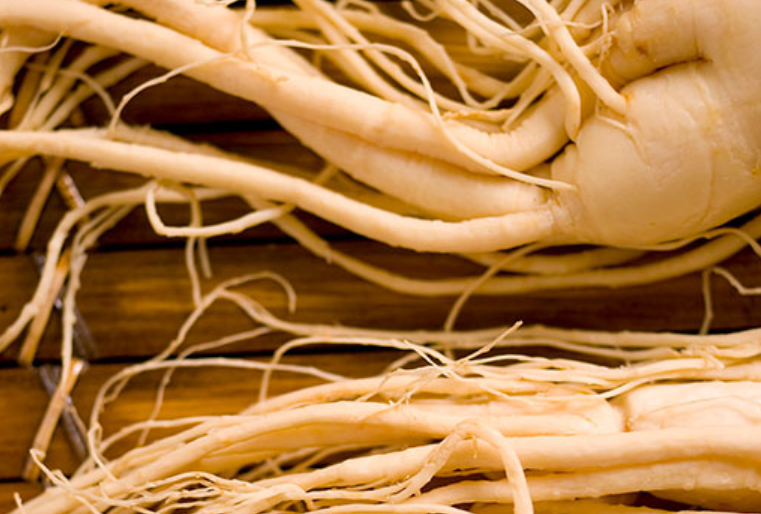
- Ginkgo (lat. Ginkgo biloba). Ginkgo is used in Chinese medicine to treat dizziness because it is believed to increase blood flow to the brain. There is scientific evidence that it can improve sexual response in both men and women, and it has antidepressant and selective serotonin reuptake inhibitor properties. Ginkgo biloba reduces blood clotting, so it should not be used when aspirin and other nonsteroidal anti-inflammatory drugs are used, and before surgery.
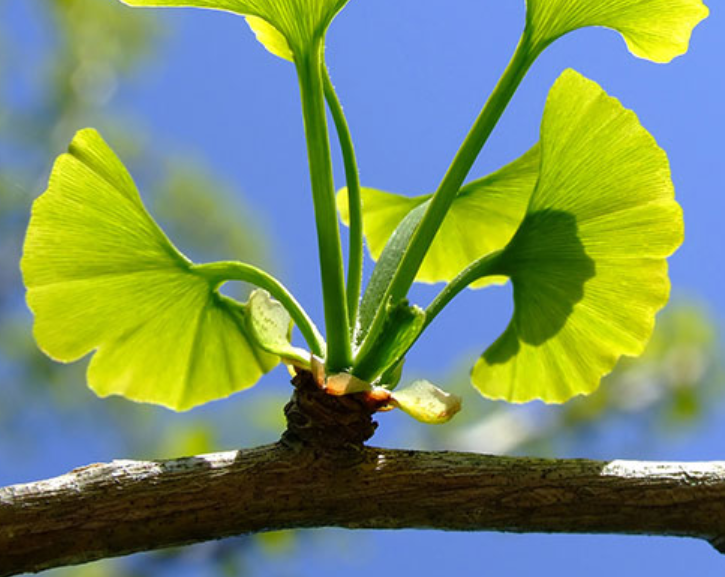
- Peruvian pepper (lat. Maca). Pepper improves blood circulation. It has been scientifically proven that this particular herb increases libido and relieves menopausal symptoms in women. Increases libido in both men and women, improves erection. However, it contains phytosterols and phytoestrogens, which may alter hormone levels, but more research is needed.

- L-arginine. There is evidence that l-arginine, taken together with vitamins (A, B, C and E), can increase libido and sexual satisfaction, improve clitoral sensitivity and frequency of orgasms.
- Massage oil containing borage (Borago officinalis), evening primrose and hollyhock (Alcea rosea). It is said that oil of this composition, applied to the clitoris and labia, can help women experience orgasm more easily. It has a pleasant, tingling effect.

- Fenugreek (lat. Trigonella foenum – graecum). It is famous for stimulating milk production in lactating women. It is considered an aphrodisiac in Ayurveda, and a 2011 study found that this herb increases libido, sexual arousal, and orgasm intensity in men. In perimenopausal women, it can improve sexual function (arousal, moisture and satisfaction).
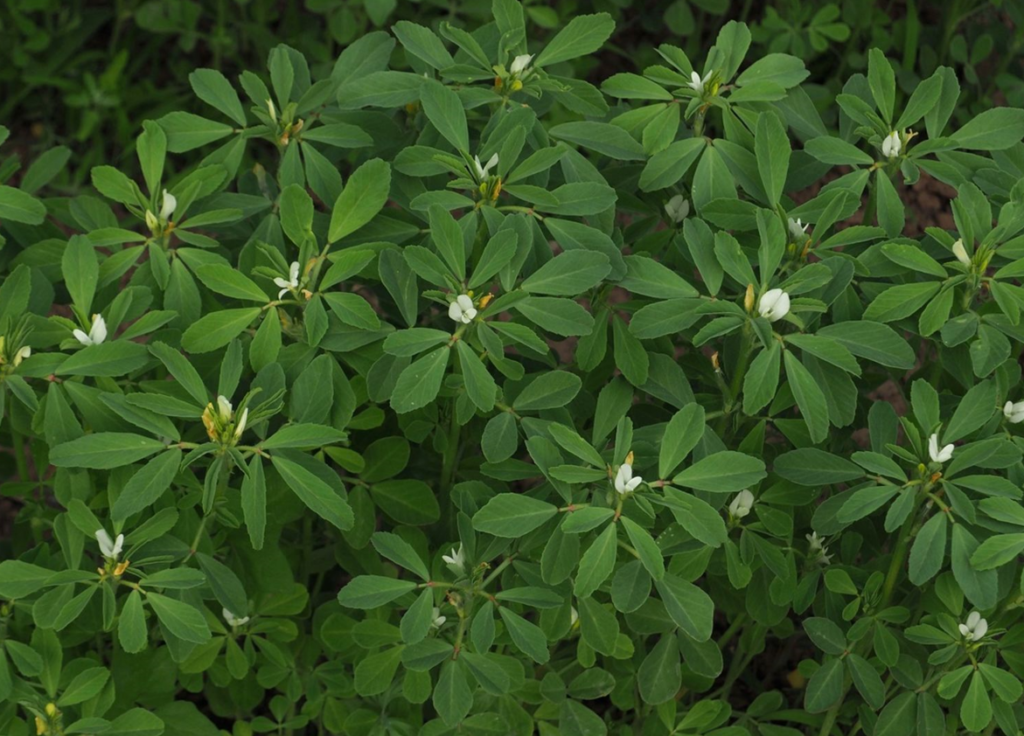
- Vitamin – B, magnesium and zinc. Zinc is important for testosterone production. Vitamin – B can also improve sexual function, and magnesium can help prevent erectile dysfunction.
- Epimedium grandiflorum leaf extract. In alternative Chinese medicine, this herb is used to treat erectile dysfunction. However, there are not many scientific studies that prove the usefulness of this plant in this area.
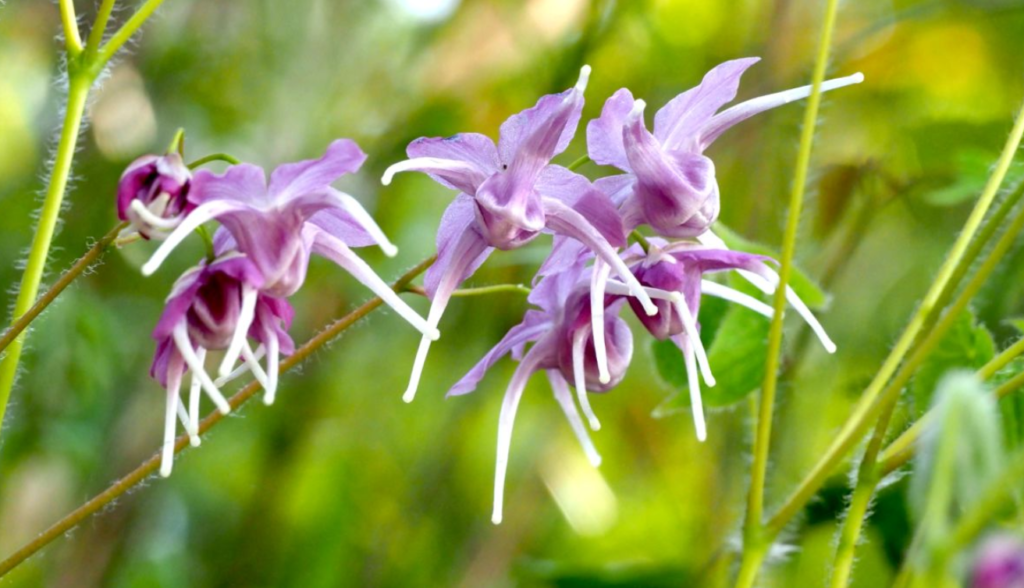
- Spanish fly. This chemical, which is derived from insects, is one powerful but very dangerous aphrodisiac. On the one hand, it stimulates blood circulation in the genitals and causes arousal, but it can burn the mouth, throat, cause infections, kidney failure, even death. Doctors do not recommend trying this method (it is too risky)!
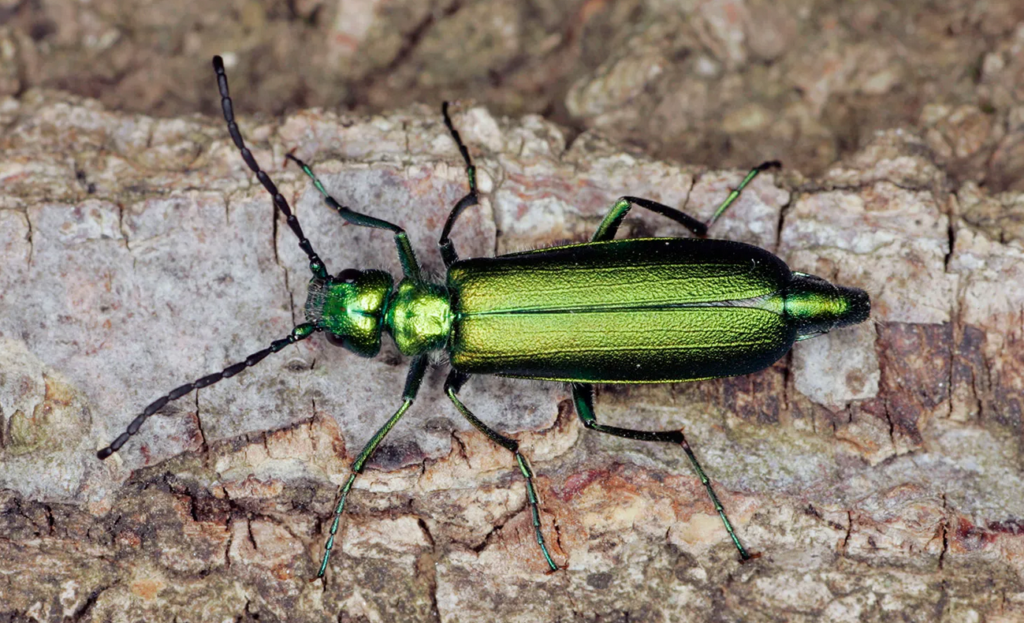
- Ptychopetalum olacoides. This plant, which grows in Brazil, is believed to increase libido and improve erectile function. However, there is almost no clinical evidence that it actually works.


